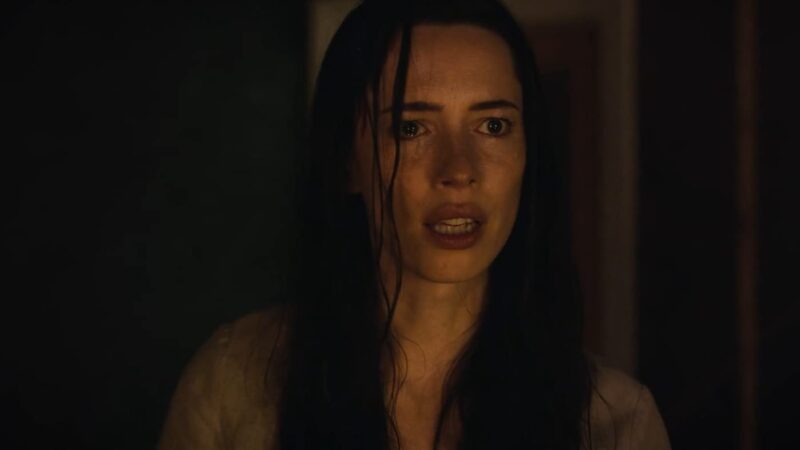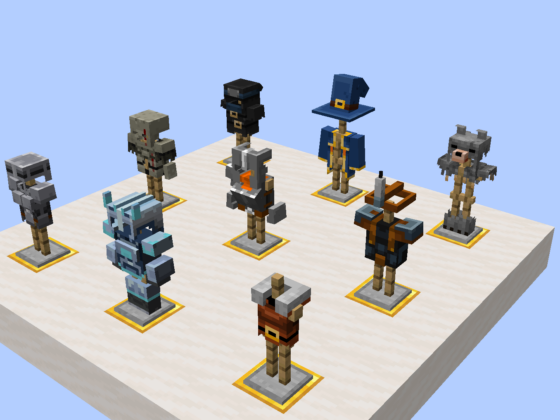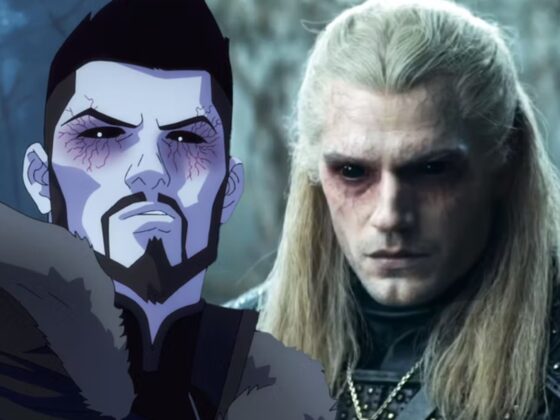The Night House is a horror movie that shows women in power and in control. It’s the perfect example of how female-driven horror movies are changing the game for the better.
The Night House is a horror movie that was released in October of 2018. It is directed by Sarah Adina Smith and stars Elizabeth Reaser, Cara Buono, and Lulu Wilson. The film has been praised for its female-driven horror stories.
Beth (Rebecca Hall) returns home after her husband’s funeral in The Night House. She resides in an opulent lake home built by her husband Owen (Evan Jonigkeit). Owen died as a result of his own actions. It was also unexpected, given that he had never shown any signs of suicidal despair. He seemed to make the decision to terminate his life out of nowhere. He just awoke one night, walked down to the pier, floated along the lake in a dinghy, and then shot himself in the head.
A letter was left, although it didn’t disclose anything about his motivations: “There isn’t anything.” Nothing is pursuing you. Now you’re safe.”
The message refers to Beth’s near-death experience when she was seventeen years old. She’d just informed Owen about the emptiness she’d felt in her clinically dead condition. There was nothing to be found outside. There is no light. There is no warmth. Nothing except emptiness.
Beth’s head is filled with questions. Did she even recognize the guy she’d been married to for almost a decade? Her closest friend Madelyne (Stacy Martin) and a kind neighbor, Mel (Vondie Curtis-Hall), provide her comfort, but the agony persists no matter how many people sympathize with her loss. Beth drinks herself to sleep most evenings.
As she digs through her husband’s phone, she comes across a photograph of a lady who appears very similar to her. Is it possible that her spouse had an affair? A search on his laptop turns up a slew of additional photos of ladies with similar features. As she goes through her late husband’s things, she learns that he had a strong interest in the occult. Something she’d never experienced before. She also discovers blueprints of a home her husband was building in an abandoned notebook.
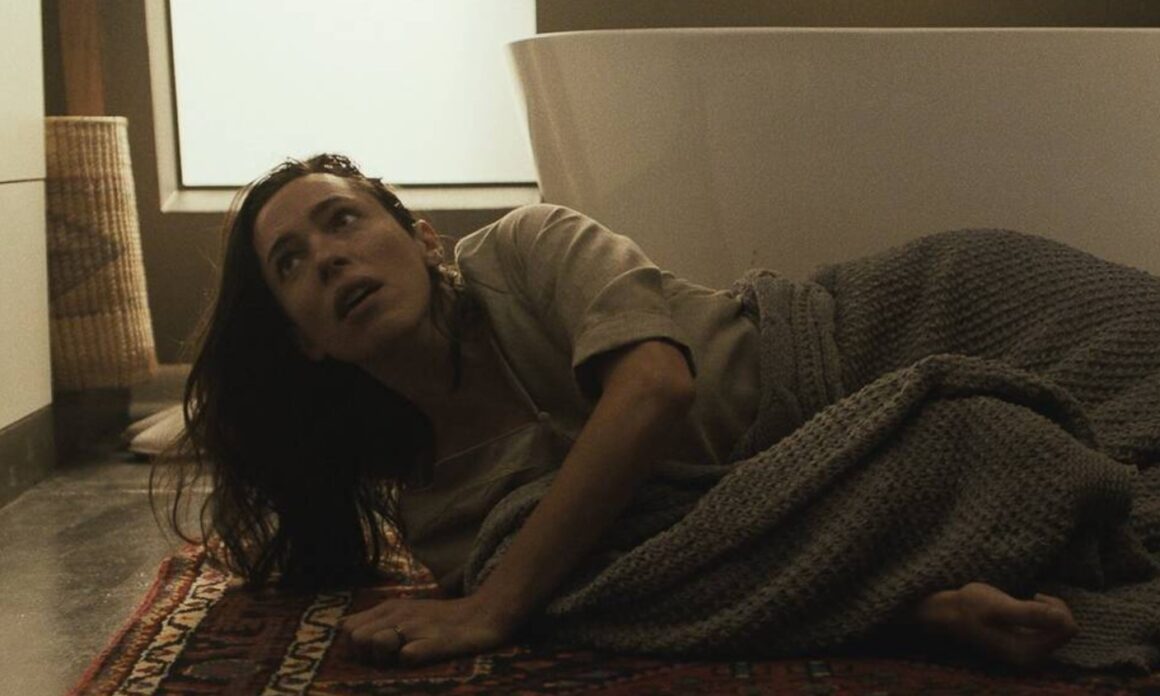
She starts to have terrible dreams soon after. One includes a ghostly voice guiding her to a home that seems to be identical to her own, but everything is backwards, and every room is filled with people who have similar physical and facial characteristics to her.
Beth’s research quickly becomes obsessive. She is well aware that the answers may be frightening, yet she continues. She can’t stand being in the dark.
But the reality may be too much for her to bear.
During a screening of Don’t Breathe 2, I saw a trailer for The Night House. It instantly interested me because it didn’t disclose anything — which has always been a miracle when it came to movie trailers. The real terror inside the story might have been several things, based on what I saw in the teaser. Will Beth meet doppelgangers? Had her spouse unintentionally discovered a gateway to a parallel universe? Was her spouse in cahoots with some evil powers bent on claiming Beth’s soul? I wanted to know and purchased a ticket the minute I could.
Rebecca Hall, an actress I’ve long liked, was also there, which was a nice surprise. Watch Christine (no, not John Carpenter’s vehicular horror classic) in 2016 if you have any doubts about her abilities. Christine Chubbuck, the mentally ill reporter who notoriously committed herself on live television, is played by her in a frightening performance.
Her portrayal of the grieving Beth, though, may be a career highlight. It’s another one of the horror genre’s mainstays of outstanding female performances. Along with Essie Davis’s in The Babadook, Toni Collet’s in Hereditary, and Florence Pugh’s in Midsommar, her performance needs to be recognized.
The Night House is much more comparable in terms of subject, since it’s a horror film about sorrow, akin to the great 2023 film, Anything for Jackson. Grief may be the most terrifying monster the human experience has to offer. The death of a loved one may leave us desolate for the rest of our lives. It’s all the more logical to depict this feeling in a horror film.
Grief may manifest itself in a variety of ways. The main character’s failure to cope with her sorrow led to the invitation of a picture-book monster in The Babadook. Grief made the main character vulnerable to occult powers in Hereditary. The main character’s bad relationship causes a grotesque aggravation of her sorrow in Midsommar, and the fact that she is trapped in a commune run by a dark Scandinavian cult doesn’t help matters.
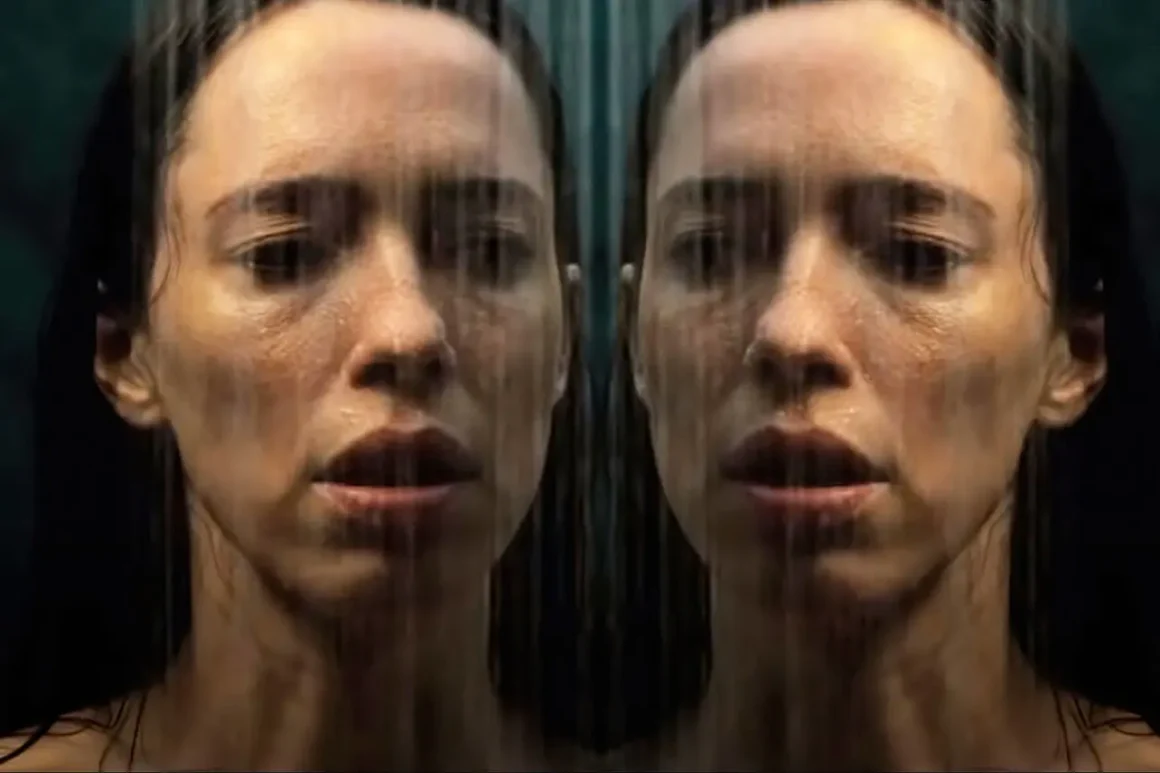
Beth’s bereaved journey leads to an obsession with finding solutions. However, as we’ve seen in numerous films, the search of answers may lead to someone’s demise. One may ask why Beth doesn’t leave her home when the ghostly apparition makes itself more and forcefully known. We’re all aware that characters in horror films make a lot of painfully dumb choices, some of them are even clichéd. Smart individuals don’t pursue a scary sound in an eerily abandoned home, and they generally don’t. Stupid characters are the ones who do it. It’s all for our amusement that they die in such a gruesome manner.
However, there are occasions when the idiocy becomes too much. Beth’s choices in The Night House, like those of all the characters in the aforementioned horror films, make logic. Beth’s frantic search for answers drives her to behave impulsively, leading her down the progressively grim path shown on film.
The Night House is a psychological thriller as well as a supernatural horror movie. This isn’t to say that it doesn’t function as a horror picture. The scares, especially in the early half, may be very powerful. One scene in particular, in which Beth is dragged into a nightmare dreamscape, may be one of the greatest jump scares I’ve seen in a long time.
Director David Brucker has a strong track record in the horror genre. To begin with, he co-directed and co-wrote the underappreciated apocalyptic zombie horror film The Signal, which he co-wrote with Dan Bush. He directed parts of Southbound and the V/H/S series, among other notable contributions to the horror anthology style. The Ritual, a Netflix original, was the most notable. Another horror film that, despite its genre tropes, manages to provide psychological depth for its protagonist.
The film’s eerie aura pervades the whole experience. We’re continually reminded that someone is keeping an eye on Beth. The camera displays enough black space in the backdrop to give the impression that someone — or something — might spring at Beth at any minute. Fortunately, the picture isn’t a rip-off of James Wan’s work and never gets too predictable. Bruckner is a master of restraint. The Night House is a slow-burning, creepy thriller rather than a constant spookfest. Sometimes there is a jump scare, and other times there isn’t. It never crosses the line into the absurd.
Even though I’m renowned for railing against Hollywood’s misuse of CGI, The Night House makes excellent use of the technology. In the film, there are several especially great uses of pareidolia.
Cinematographer Elisha Christian deserves some credit. While the majority of the film is gloomy, the finale includes some stunning dark reds – the film’s poster gives you a taste of Christian’s great use of color.
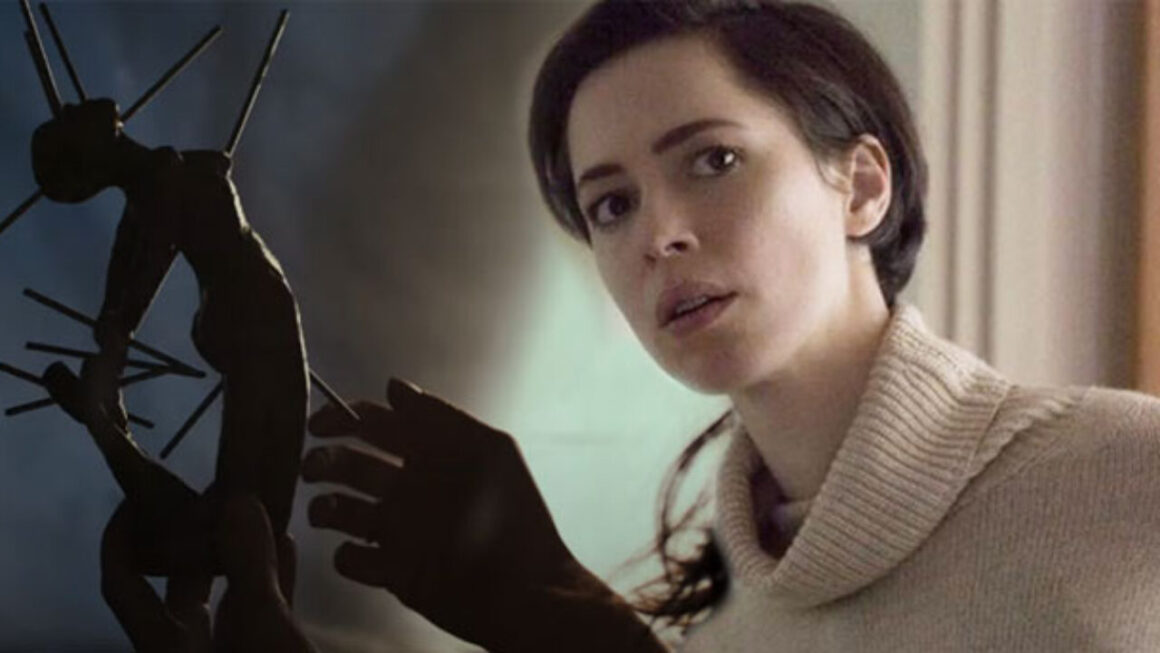
The Night House’s closing sequence cemented my opinion of it as a great work of psychological horror film. It all comes to a poignant conclusion that will stay with you.
The plot’s and the nature of the haunting’s ultimate disclosures may not please everyone. It has a strange ambiguity about it. But, in the end, the unanswered issues simply served to emphasize the film’s central themes. It doesn’t have to make full sense, just like The Babadook. It’s more about the terror than it is about providing a plausible explanation for the paranormal events.
The Night House is a horror film for adults. It’s neither a gorefest or a continuous barrage of jump scares (in fact, thinking about it, this film might almost be bloodless). It’s an intimate, unsettling examination of sorrow and how we cope with our inner demons. How we may not want all the answers — particularly when it comes to questions about what happens after we die.
It’s about how alone we may feel when someone close to us dies unexpectedly, and how that emptiness, that horrible life-sucking hole, can linger for the rest of our lives.
The Night House is a new horror show that has been released on Amazon Prime. This is another winner for female-driven horror movies because the main character, who is a woman, is not just a victim.
